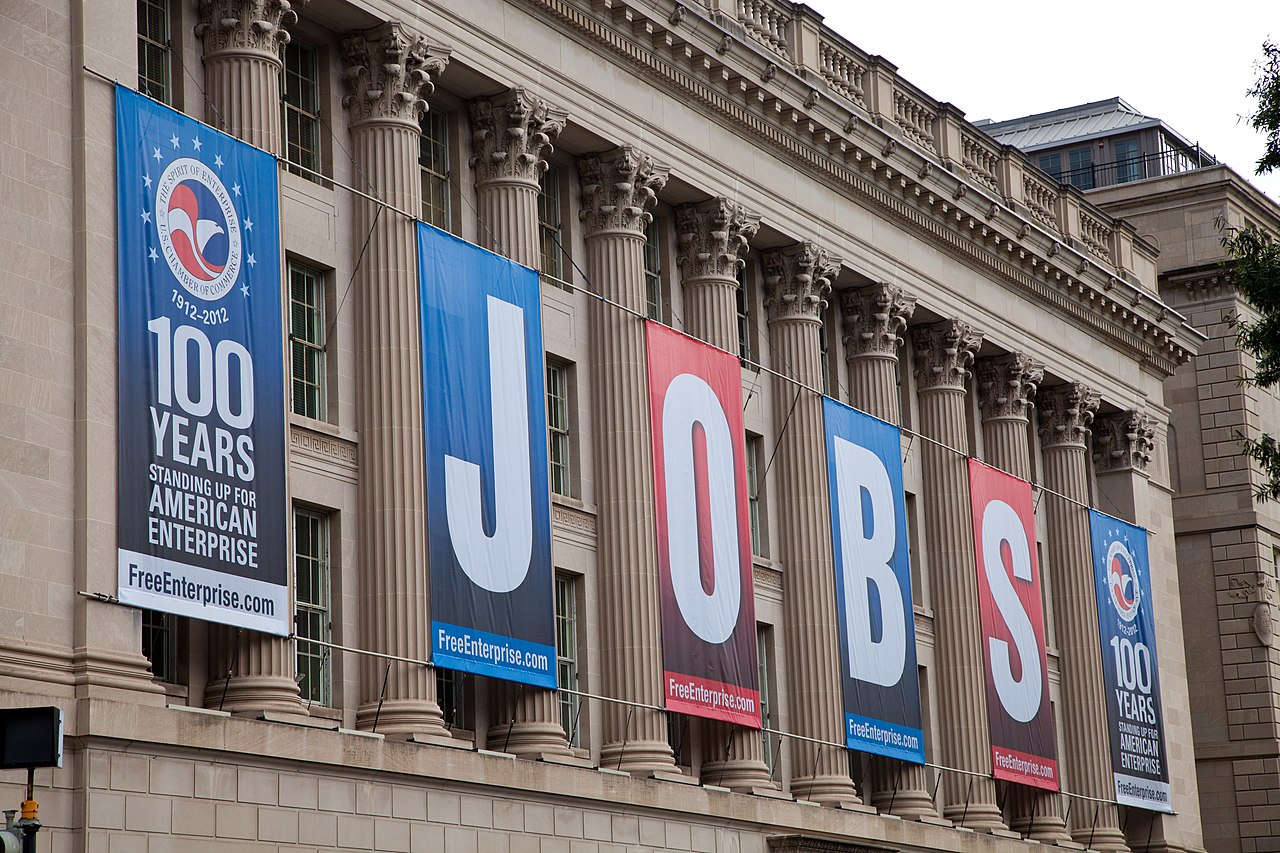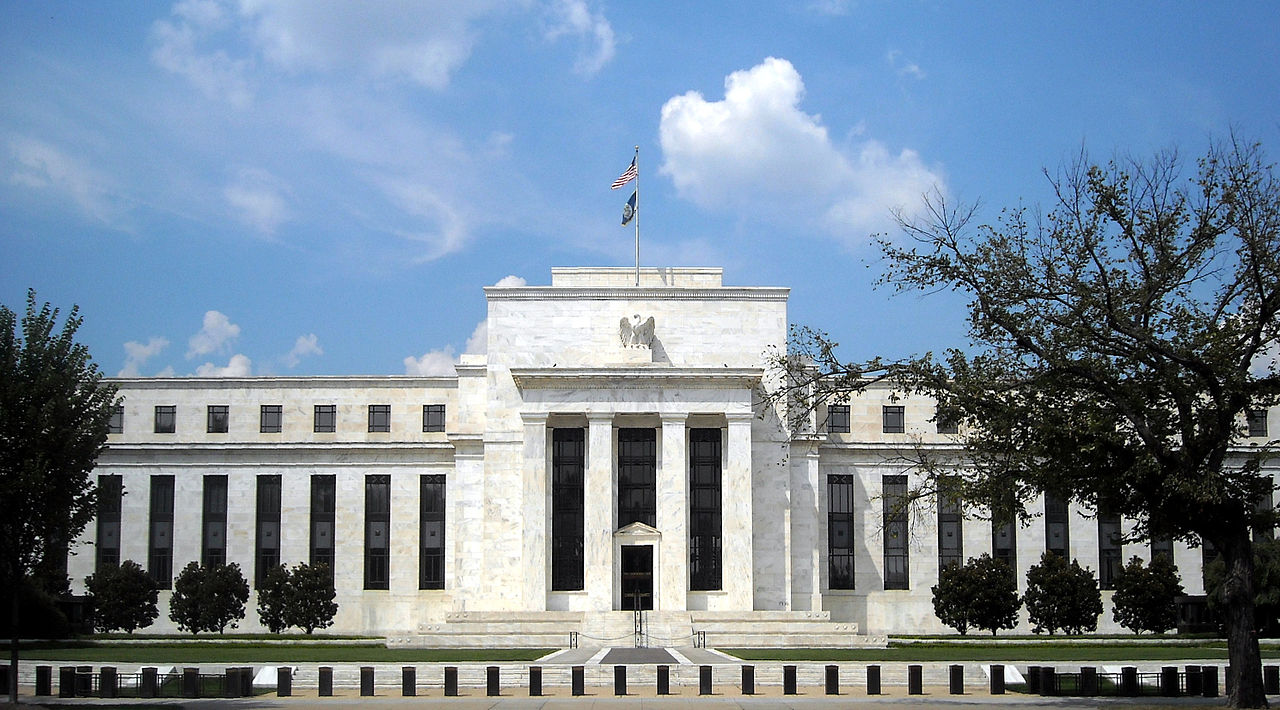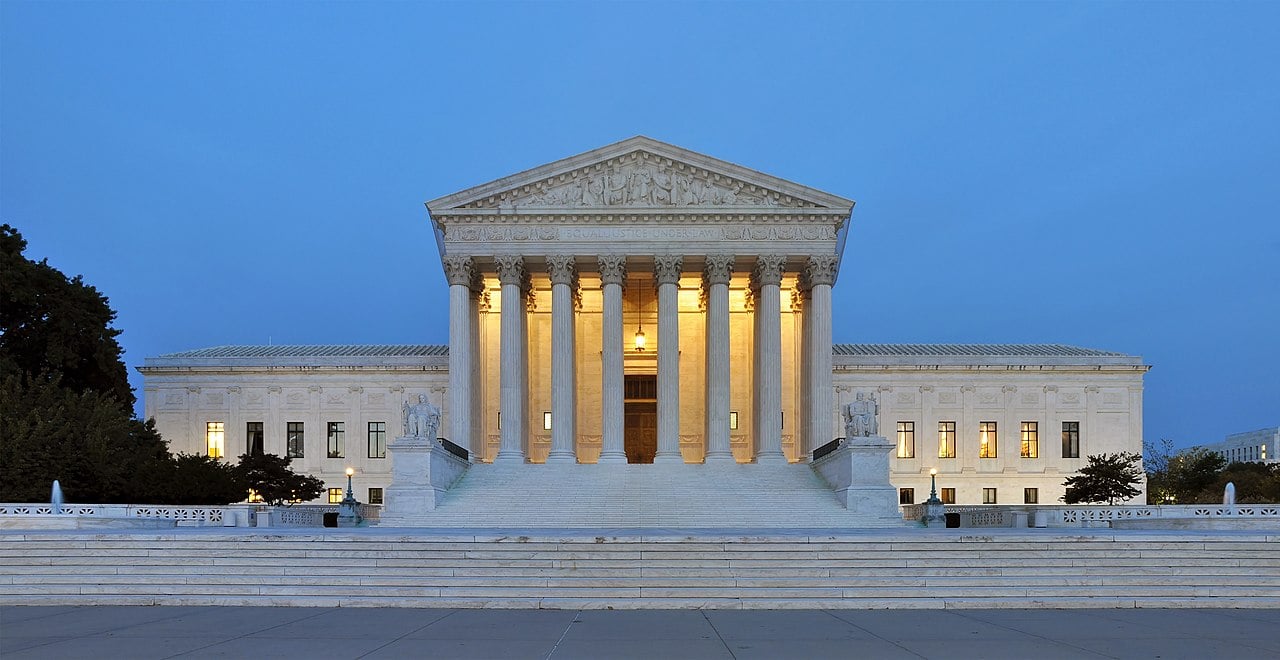A case involving a legal challenge to a Federal Reserve regulation on debit card “swipe fees” was expected to be decided by the Supreme Court on Monday.
This decision could make it easier for businesses to try to overturn long-standing federal rules.
North Dakota Store

A lawsuit filed by a convenience store in North Dakota challenging a 2011 rule governing the amount businesses pay banks when customers use debit cards to make purchases was dismissed by a lower court.
The dismissal had been based on Corner Post, the store situated in Watford City, missing a six-year statute of limitations that by and large applies to such prosecution.
Time Limit

Monday is the Supreme Court’s final decision-making day during its current term, which began in October.
Banks are reimbursed for the costs associated with offering debit cards through swipe fees, also known as interchange fees.
Fee Calculation

The fees are calculated by Visa, MasterCard, and other card organizations, with a cap of 21 cents for every exchange set under the Fed rule.
The question of whether Corner Post brought its legal challenge too late was the subject of the case.
Time Frame

The store contended that it should be unrestricted by the six-year legal time limit to challenge the 2011 guideline since it started in 2018 after that cutoff time had elapsed.
Corner Post argued, with support from several conservative and corporate interest organizations, including the U.S. Chamber of Commerce and the network of billionaire Charles Koch, that companies should have a lot of leeway to challenge regulations they think are unfair or burdensome.
Beginning of Time Limit

The store contended that the six-year time cutoff shouldn’t begin running until a business is unfavorably impacted – which for Corner Post would be March 2018, when it accepted its initial debit card payment.
The Federal Reserve Board of Governors was represented by President Joe Biden’s administration, which argued that adopting Corner Post’s legal position would “substantially expand the class of potential challengers” to government regulations and would “increase the burdens on agencies and courts.”
Statute of Limitations

A brief urging the Supreme Court to maintain a strict statute of limitations that begins at the time a regulation is finalized had been filed by a group of associations representing small businesses.
They stated that permitting lawsuits past this deadline “would create chaos, uncertainty and inconsistent regulatory regimes for the nation’s regulated industries and the American people the regulations seek to serve.”
Reform Law

Retailers paid as much as 44 cents per transaction prior to the passage of the Dodd-Frank Wall Street reform law in 2010 that directed the Fed to cap swipe fees.
This made it difficult for small businesses to accept debit cards and created a disparity with corporations.
Lower Cap Expectations

Retailers that anticipated a much lower cap sued after the Fed set it at 21 cents for each purchase.
In 2015, the Supreme Court upheld a lower court’s ruling supporting the regulation.
Corner Post Claim

Corner Post in its 2021 claim contended that the rule defied congressional intent and was “arbitrary and capricious” under a government regulation called the Managerial Procedure Act.
U.S. District Judge Daniel Traynor in 2022 excused the claim in court.
Decision Upheld

Traynor’s decision was upheld by the St. Louis-based 8th U.S. Circuit Court of Appeals, paving the way for the Supreme Court appeal.
The Fed last year proposed slicing the current cap to 14.4 cents per purchase.
Initial Proposition

The changes were initially called for in 2009 when President Barack Obama proposed a “sweeping overhaul of the United States financial regulatory system.”
Congressman Barney Frank, a Democrat for Massachusetts spearheaded the proposal in the House of Representatives.
The Supreme Court’s decision could have a major impact on how small businesses operate in the current financial climate.
